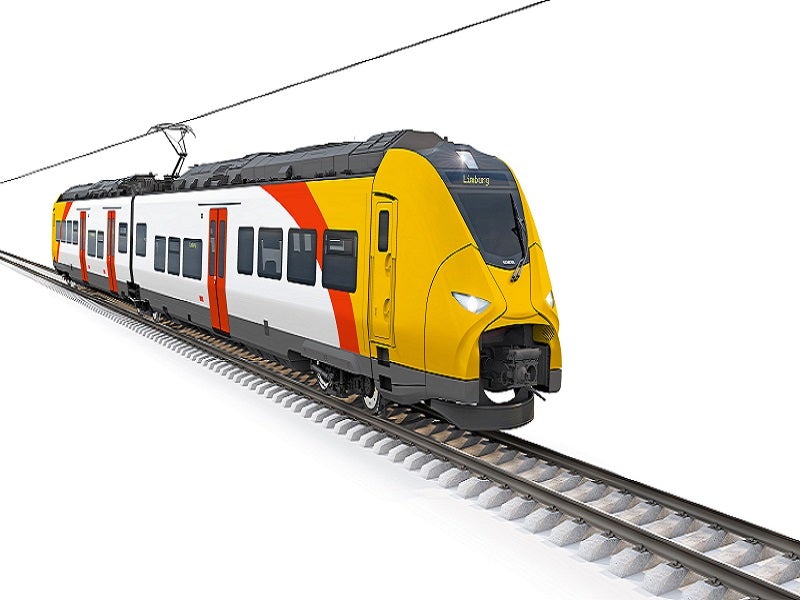
Siemens Mobility has secured a contract to supply three of its two-car Mireo Plus B battery trains to German transport firm Hessische Landesbahn.
The trains will be used for Hessische Landesbahn’s Upper and Lower Westerwald rail pilot project.

Discover B2B Marketing That Performs
Combine business intelligence and editorial excellence to reach engaged professionals across 36 leading media platforms.
Siemens claims that the trains are suitable for this project as they have been designed to lower noise levels and exhaust emissions.
These battery trains will serve as a replacement for diesel trains.
Hessische Landesbahn CEO Veit Salzmann said: “We would like to thank those responsible in the state of Rhineland-Palatinate and here in the region for enabling us to contribute to this demanding and exciting pilot project.
“We are convinced that this environmentally friendly, innovative technology is especially suitable for use in difficult, longer uphill stretches in the low mountains, and are really pleased to have this opportunity to deliver proof of this capability in everyday operations.”

US Tariffs are shifting - will you react or anticipate?
Don’t let policy changes catch you off guard. Stay proactive with real-time data and expert analysis.
By GlobalDataThe German firm will run these trains on the Oberwesterwaldbahn (OWB) from Limburg to Altenkirchen – Au – Siegen, and on the Unterwesterwaldbahn (UWB) between Limburg – Montabaur – Siershahn.
With 126 seats and standing room for 156 travellers, the trains will serve over 50 stations on the two routes. They will feature three doors on each side.
Besides, they will incorporate pantographs for operating under catenaries and charging batteries, as well as with batteries for running on routes that are not electrified.
Last month, Siemens Mobility received a €3bn contract from Indian Railways for the supply of 1,200 electric freight locomotives.




